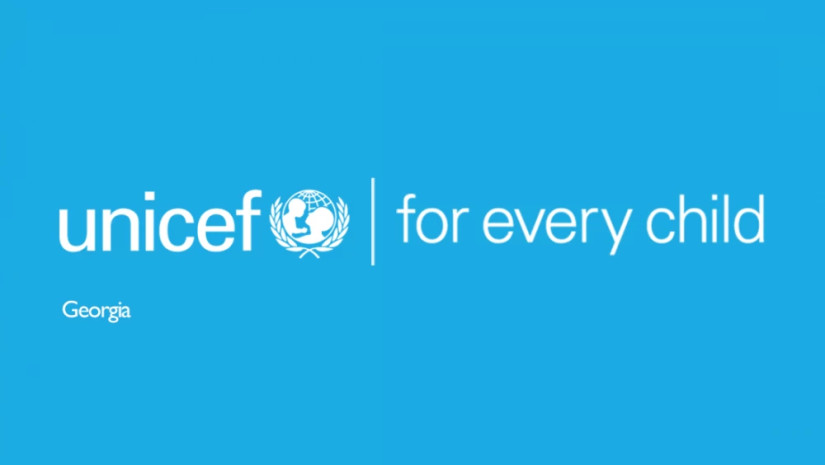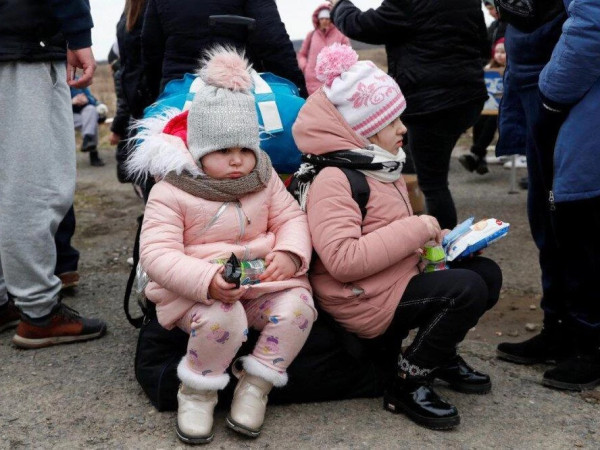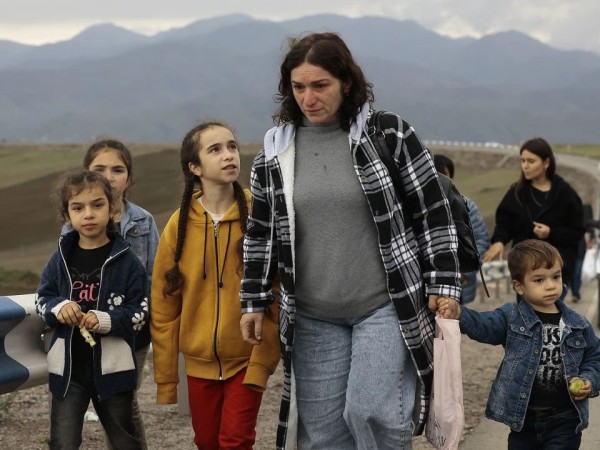According to a UNICEF Study, Universal Financial Assistance for Children Through the Age of 17 is the Most Effective Model for Overcoming Population and Child Poverty; Financial Assistance Makes it Possible To Slow the Growth Rate of Poverty Indicators, as well as To Reduce Poverty Indicators Compared to the Baseline Level
The financial assistance provided by the Government of Georgia significantly contributes to the alleviation of poverty, according to a UNICEF study on the impact of the coronavirus pandemic on poverty in Georgia. The results of the study were presented jointly by representatives of the Government of Georgia and UNICEF today.
According to the results of the study, various scenarios of the reduction of monthly household incomes as a result of the pandemic are expected to lead to an increase in poverty at different levels. As a result of financial assistance, however, it is possible to slow the growth rate of poverty indicators, as well as to reduce poverty indicators compared to the baseline level.
As a result of recalculating poverty indicators using 24 hypothetical models of scenarios of financial assistance in various amounts, it was determined that:
- Universal financial assistance for children through the age of 17 is the most effective model for overcoming population and child poverty, regardless of the level of shock. In case of a severe shock scenario, it is possible to return to the baseline level of child poverty as a result of this assistance, while in case of mild to moderate shock scenarios it is possible to reduce poverty levels beyond baseline levels;
- Assistance is effective for unemployed people working on regular salaries. For example, in the event of a severe shock, financial assistance provided to unemployed persons makes it possible to reduce poverty from the expected 30.7 percent to 28.4 percent.
"The coronavirus pandemic may have such an impact on children that its devastating effects may last for a lifetime. It is very important to support children and their families with social protection measures during this difficult period. It is extremely important to have a strong social security net so that people do not fall into poverty as a result of the crisis caused by the coronavirus," Representative of UNICEF in Georgia Ghassan Khalil stated.
The study also examined the possible effects of the financial assistance programs already implemented by the Georgian Government within the framework of the Anti-Crisis Plan in response to the coronavirus pandemic. This included a total of 12 simulations, including the analysis of the scenarios of financial assistance to all children, as well as of monthly financial assistance to unemployed persons. The effect of the models is projected separately and does not reflect the combined effect of all the measures implemented by the government within the framework of the Anti-Crisis Plan.
"It is important for us to be able to mitigate the negative economic consequences of the pandemic to the greatest extent possible so as not to worsen the very significant positive dynamics of poverty reduction of recent years during the coming years. Our main goal is to take care of our citizens and to alleviate this temporary hardship. It is clear that the social support measures implemented and planned by the government are the most effective in terms of combating poverty among the 24 measures that were presented in the simulation model. This is evidenced by the results of the model itself," Beka Liluashvili, advisor to the Prime Minister of Georgia on economic affairs, stated.
"UNICEF is an important and valuable partner for our ministry. Data provided by UNICEF are a significant source of information for us during the planning of the social security policy for children," Tamar Barkalaia, deputy minister of internally displaced persons from the occupied territories, labor, health and social affairs of Georgia noted.
In addition to health-related challenges, the coronavirus pandemic has a significant socio-economic impact on households. According to the latest estimate by the International Labor Organization, the pandemic is expected to result in the loss of 195 million full-time jobs worldwide. The United Nations estimates that some 42-66 million children may fall into poverty due to declining economic activity.
Recommendations developed on the basis of the study will help policy-making departments implement further changes to strengthen the social security and anti-crisis strategies in the country.















